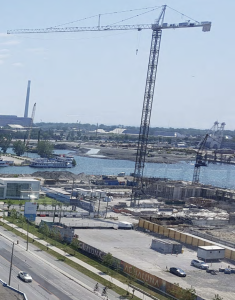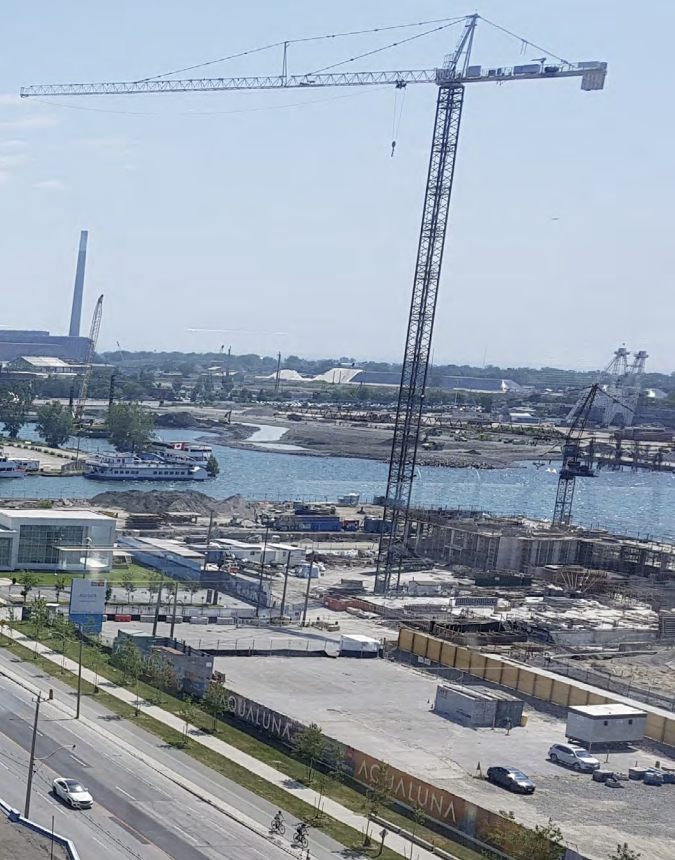The project at a glance
-
Start date:31 Dec 2020
-
Duration in months:38
-
Funding:FNR – Luxembourg
-
Principal Investigator(s):Constance CARR
Organisation and Partners
- Department of Geography and Spatial Planning
- Faculty of Humanities, Education and Social Sciences (FHSE)
Project team
- Constance CARR, PI
- Karinne Lynda MADRON, Project member
- Olga KRYVETS, Project member
Keywords
- urban
- development
- governance

